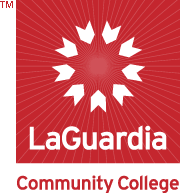
Publications and Research
Document Type
Article
Publication Date
Winter 12-2021
Abstract
Introduction: The shift to online learning owing to the coronavirus disease 2019 pandemic is posing an additional challenge to academic success, particularly for students who speak English as a Second Language (ESL). This study aimed to examine the factors that contribute to academic self-efficacy among ESL nursing students.
Method: This was a cross-sectional study using path analysis with 113 undergraduate ESL nursing students in New York City. Data were collected online using self-report measures of the study variables: academic self-efficacy, perfectionistic concerns, acculturative stress, and e-learning stress. A hypothetical path model was tested using AMOS 26.0.
Results: Perfectionistic concerns and acculturative stress directly affected academic self-efficacy. Furthermore, perfectionistic concerns and e-learning stress indirectly affected academic self-efficacy via the acculturative stress path.
Discussion: Results indicate the importance of developing a multifaceted intervention that considers diverse cultural and psychological factors to help ESL nursing students enhance their academic self-efficacy in e-learning environments.


Comments
This article was originally published in Journal of Transcultural Nursing, vol. 33, no. 2, Mar 2022, pp. 239-245. doi:10.1177/10436596211061683